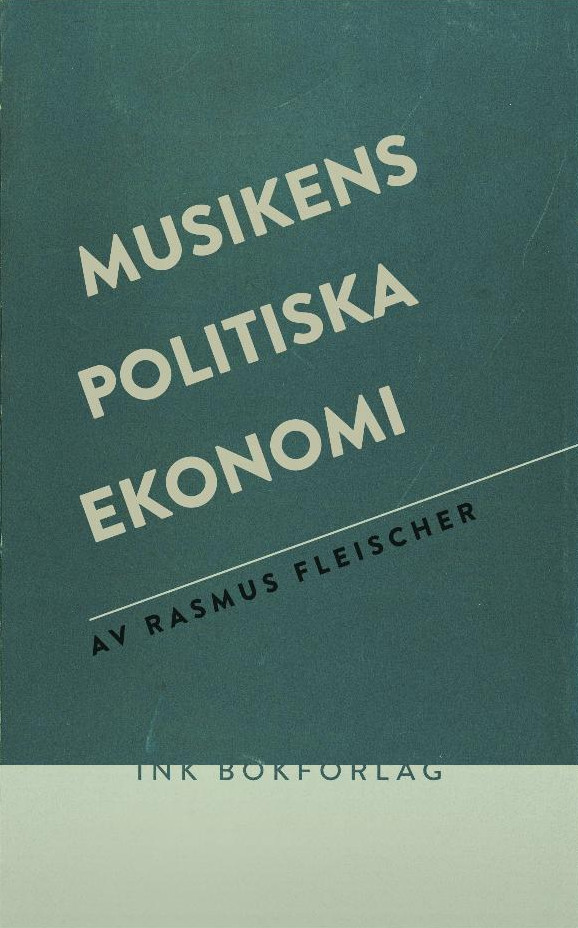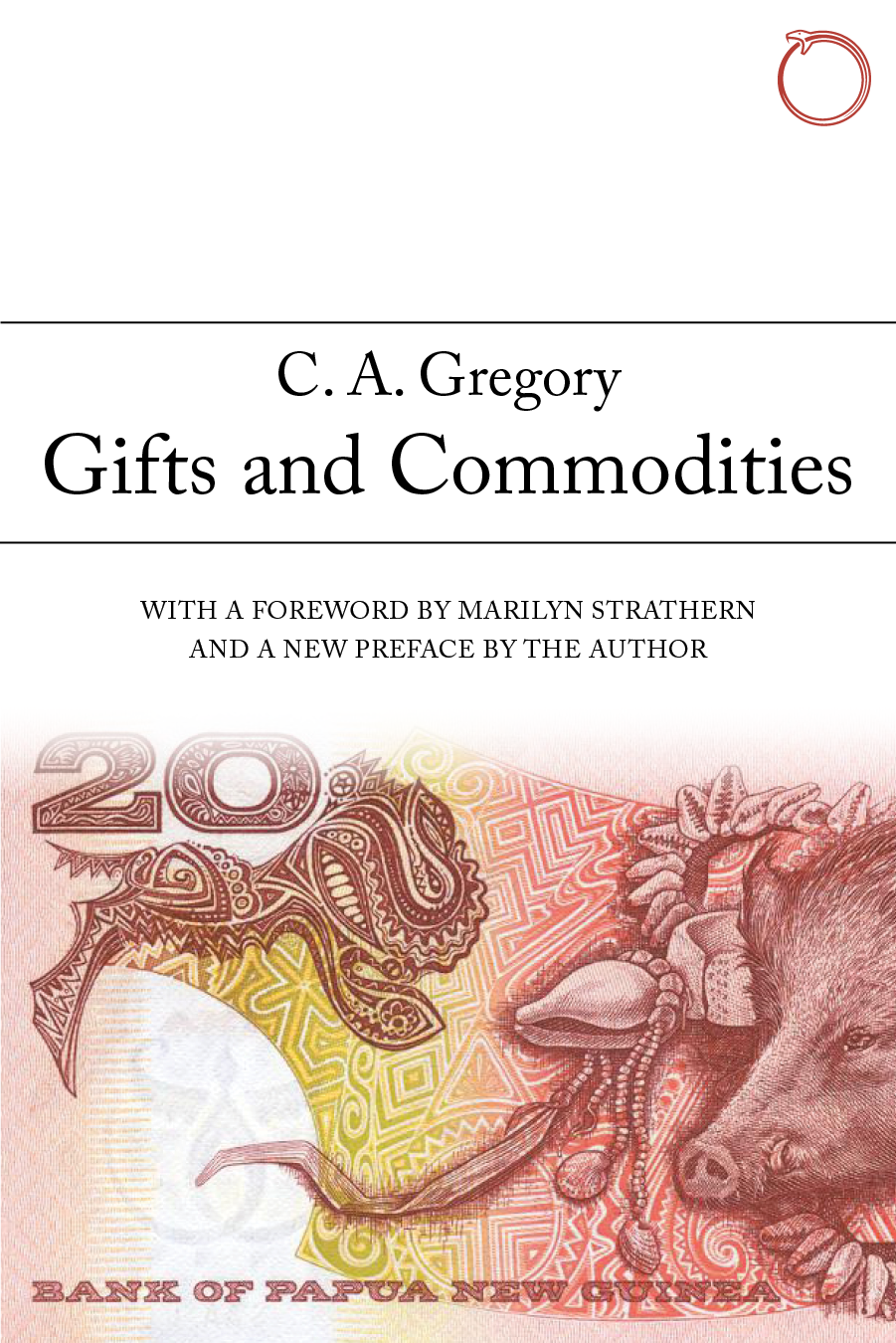Rasmus Fleischer: Musikens politiska ekonomi: lagstiftningen, ljudmedierna och försvaret av den levande musiken, 1925-2000 (2012) [Swedish]
Filed under book | Tags: · copyright, economics, music, music history, political economy, sweden

Historical study on copyright legislation and media technology in the 20th century.
“This book explores the intersections of politics and technology, economy and aesthetics. It concerns the changing preconditions for the commodification of music during the 20th century, caused by the use of loudspeakers and radio broadcasting, primarily in Sweden.
It was around 1930 that “live music” (levande musik) became a concept, strictly opposed to that of “mechanical music”, suggesting a kind of “aura” in the common presence of musicians and audience. About the same time, cinema musicians lost their employment and musicians’ trade unions began to fear that the “mechanization of music” would have disastrous consequences. The thesis explores how and why musicians – but also record companies – were granted legal rights to compensation for the use of recorded music, internationally standardized in the Rome Convention (1961). This led to new institutions of economic redistribution for the benefit of musicians. A recurrent problem was derived from the ambivalent status of musicians as royalty-earning artists and/or wage-earning workers.
Another problem was the practical impossibility of monitoring the actual use of loudspeaker music. The thesis shows how legislators have avoided the hardest decisions, preferring to delegate these to collecting societies. Furthermore, it highlights the influential role of Fascist Italy as an early partner of the record industry lobby. Musicians’ unions, on the other hand, allied themselves with the ILO (International Labour Organization), in opposition to the record industry.
In the 1960s, the “aura” of musical performance was questioned by avantgardists and bureaucrats. However, the trend changed in the 1970s with the rise of a leftist-radical music movement. Its idea about authenticity was absorbed by government agencies and by the Musicians’ union. The years 1977–82 marks a peak in the unionist struggle against “mechanical music”, with a brief but heated conflict between disc-jockeys and instrumentalists. The last empirical chapter examines the sudden rise of interest in “music export” within the context of the “new economy” of the 1990s.
Empirically, this thesis draws on a wide range of sources covering the period of 1925–2000: governmental investigations, publications from the Swedish Musicians’ Union, and archival material. The theoretical basis may be described as critical theory, which is combined with materialist media theory in the attempt to clarify how “music” can be sold as a commodity, while at the same time remain as an activity outside of the market. ”The political economy of music” is thus defined as a process of mediation, which may be understood as a dialectic of industrialization and aestheticization.”
Based on Ph.D. thesis from the Department of History, Lund University, 2012.
Publisher Ink bokförlag, Stockholm, 2012
ISBN 9197846945, 9789197846943
v+630 pages
via rsms
Reviews: Staffan Albinsson (Scandinavian Economic History Review, 2013, EN), Ulrik Volgsten (Respons, 2013, SW).
Author, (2)
Publisher (archive.org)
WorldCat
Viewpoint Magazine, 5: Social Reproduction (2015)
Filed under magazine | Tags: · capitalism, labour, life, political economy, politics, production, society, work

“Today, amidst a changed political and class landscape, strategy should take precedence over fidelity to the received canon. The activities of social reproduction remain the field of powerful class antagonisms.”
The issue includes 30 articles.
Edited by Asad Haider and Salar Mohandesi
Published November 2015
Creative Commons BY-NC License
C. A. Gregory: Gifts and Commodities, 2nd ed. (1982/2015)
Filed under book | Tags: · anthropology, commodity, economics, ethnography, gift, political economy, value

“C. A. Gregory’s Gifts and Commodities is one of the undisputed classics of economic anthropology. On its publication in 1982, it spurred intense, ongoing debates about gifts and gifting, value, exchange, and the place of political economy in anthropology.
Gifts and Commodities is, at once, a critique of neoclassical economics and development theory, a critical history of colonial Papua New Guinea, and a comparative ethnography of exchange in Melanesian societies. This new edition includes a foreword by anthropologist Marilyn Strathern and a new preface by the author that discusses the ongoing response to the book and the debates it has engendered, debates that have become more salient in our evermore neoliberal and globalized era.”
First edition published by Academic Press, London, 1982.
Second edition
Foreword by Marilyn Strathern
New Preface by the Author
Publisher HAU Books, Chicago, 2015
Open access
ISBN 0990505014, 9780990505013
lxiii+268 pages
Reviews: Ronald Waterbury (American Anthropology, 1985), C.J. Bliss (Contrib Pol Economy).
Comment (0)
